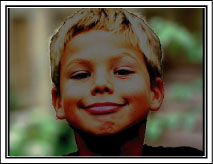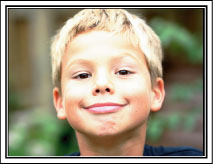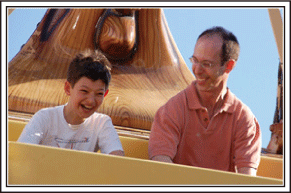
Global
| No.1 | Taking Videos or Still Images According to the Attraction |
You may choose to take videos all the time. However, you may want to take some still images too. The following section explains the scenarios suitable for taking videos or still images.
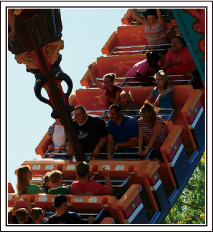
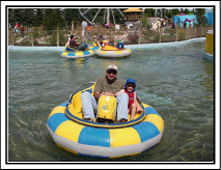
| No.2 | Inducing Responses by Calling Out |
Videos with no waving of hands nor laughter are not only dull when you view them later, but also put the capability of the audio-recording function of the camcorder to a waste. When recording, induce more reactions by enthusiastically waving your hands or shouting out "Is it fun?" and the like.
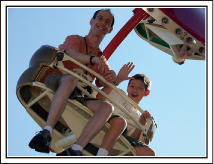
| No.3 | Capturing the Best Moment in a Video as a Still Image |
Shots with the eyes closed are often taken by accident. To reduce such mistakes, make use of the function to capture still images from videos. As videos are actually continuous recording of 50 still images within 1 minute, using this function allows you to select the best moment and save it as a still image.
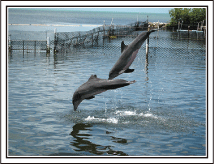
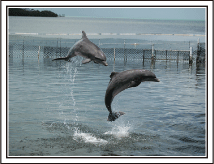
| No.4 | Advanced Operation with Backlight Compensation |
When the subject’s face is in backlight or when the expression cannot be seen clearly, the Intelligent Auto function of this unit automatically increases its brightness for recording. If Intelligent Auto fails to function as expected or if the brightness correction is insufficient, you can increase the brightness by using backlight compensation in the Manual mode.
